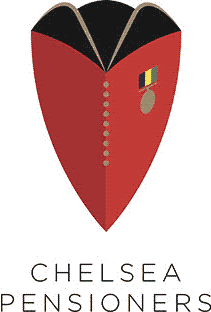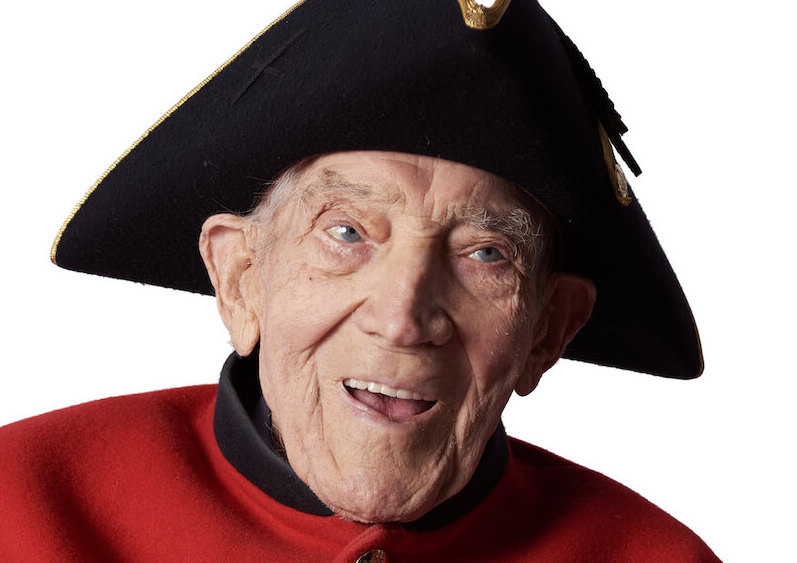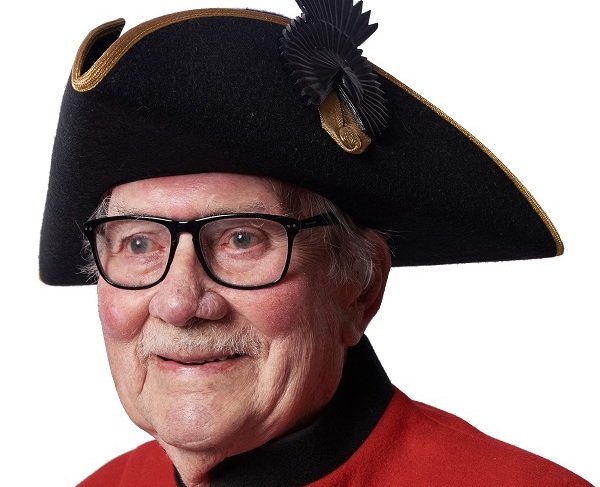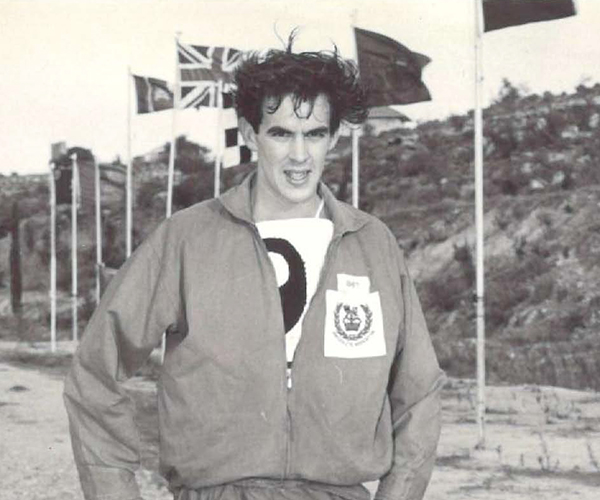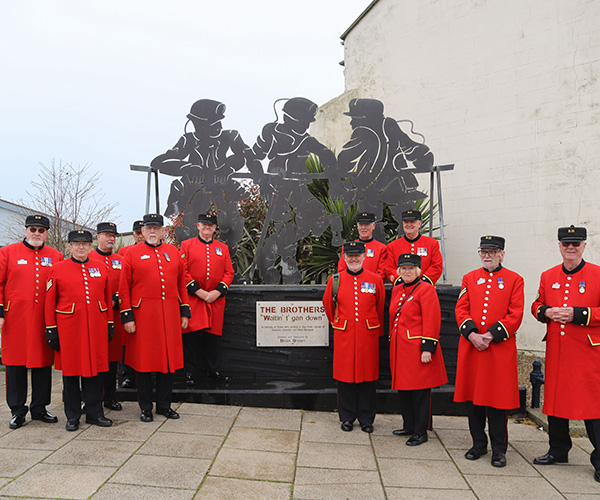Profile: Helen Andrews
30th October 2018
The Code Breaker
Name: Helen Andrews
Regiment: Auxiliary Territorial Services (Signals)
Served: 1945-1948
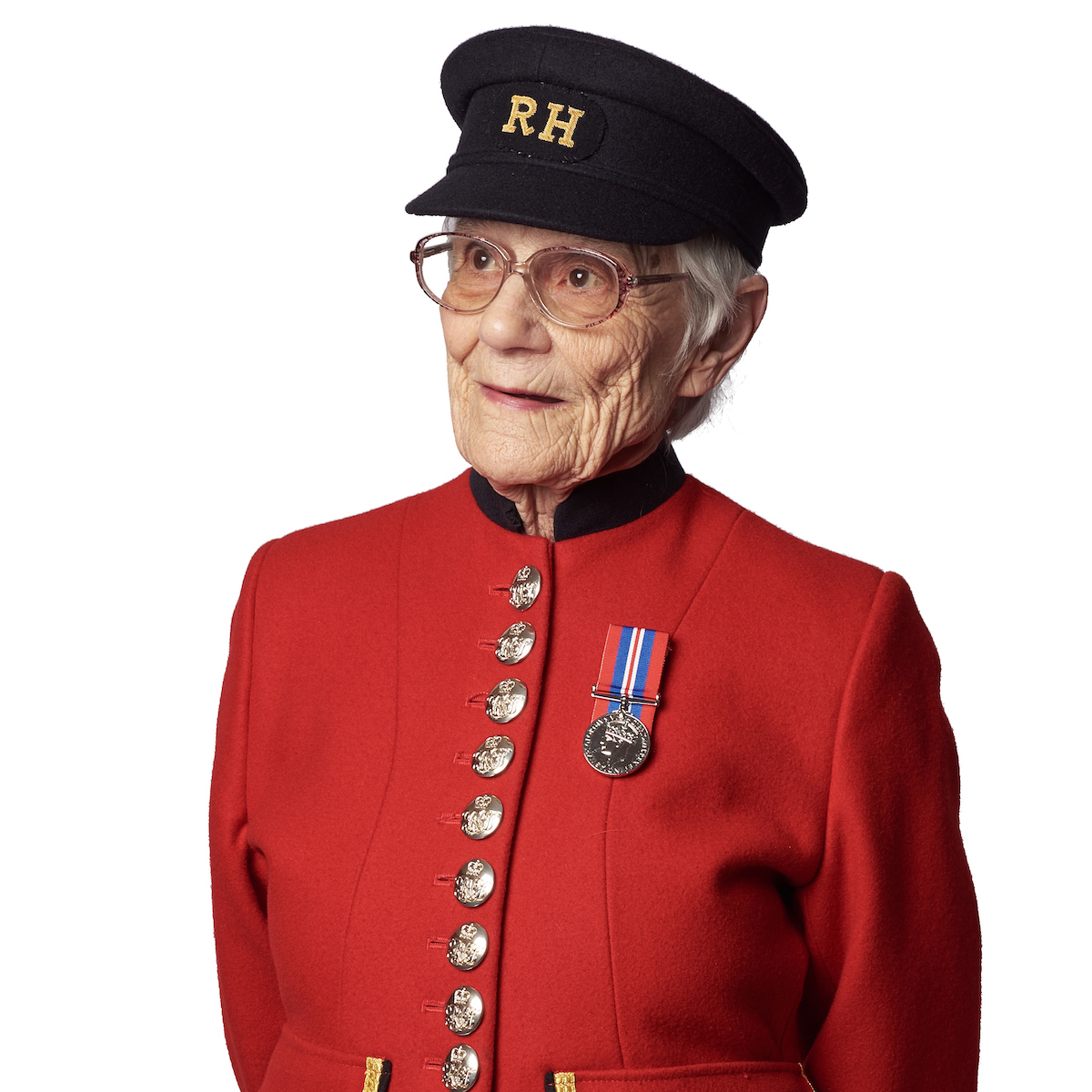
“Back then, I didn’t know what was going on, how important the work was. Secrecy was paramount. We weren’t allowed even to talk about it to each other. But they said to me on my first day that I should learn how to decipher with the Enigma. I could read German and French and was bilingual in Spanish and English, so they thought I could be useful in translating messages.”
The work performed at Bletchley Park during the Second World War, by a team of hundreds of codebreakers, translators and typists, has found fame as one of the most crucial elements of the war effort. Historians have analysed the breaking of German enciphered codes helped reduce the war by at least two years, saving countless lives. Furthermore, the particular achievements of mathematician Alan Turing during his time at the Buckinghamshire site and beyond, have filled spaces in history books, in theatres and the big screen.
“I met him and he was quite eccentric,” Helen recalls, “but sometimes that is what it takes. To be a genius you other need that eccentricity.”
It took approximately two weeks to learn to operate the machines. Messages would enter on the left side of the machine and Helen would translate them, and then type them out and the machine would encrypt them on the right side. Helen and her team were decoding German messages that gave away the locations of submarines, which they would pass on to the Royal Air Force.
Helen says of this process: “It’s important to remember that we were cogs in a machine, and that it was the people who received our messages, who did the work as a result of that intelligence – those are the people that mattered.”
Whilst Helen tries to downplay the significance of her role in the war efforts, it is undeniable that the work she carried out was not only crucial, but extremely laborious. With the Germans changing their codes on a daily basis at midnight, every day was a race against the clock for Helen and her team and they had to work long, hard shifts in order to get those important messages out.
The most important lesson Helen’s experiences have taught her is that, “Time has to be used doing something useful, something good, and something that’s helping people.”
